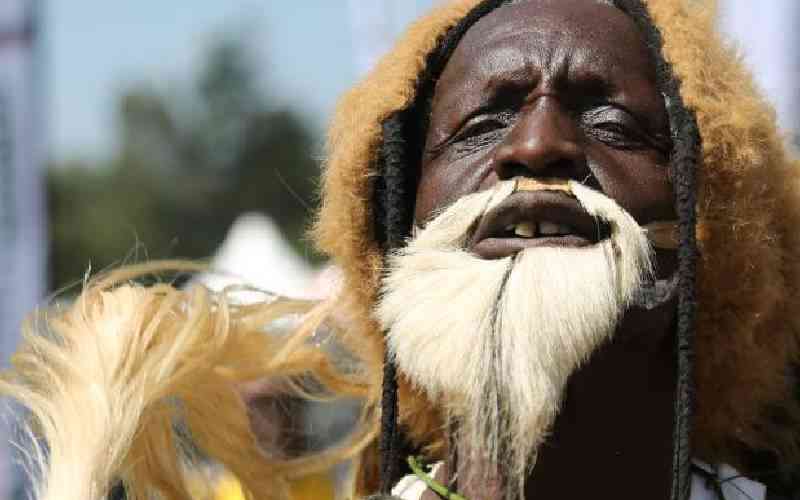×
The Standard e-Paper
Smart Minds Choose Us

Language matters spiritually, culturally and emotionally. Written and spoken words are an art form, a way for values and traditions to be transmitted across generations.
Once a language is lost, the result is a cultural whitewash. By the same token, when language is preserved, traditions and customs live on in the hearts and minds of the people.